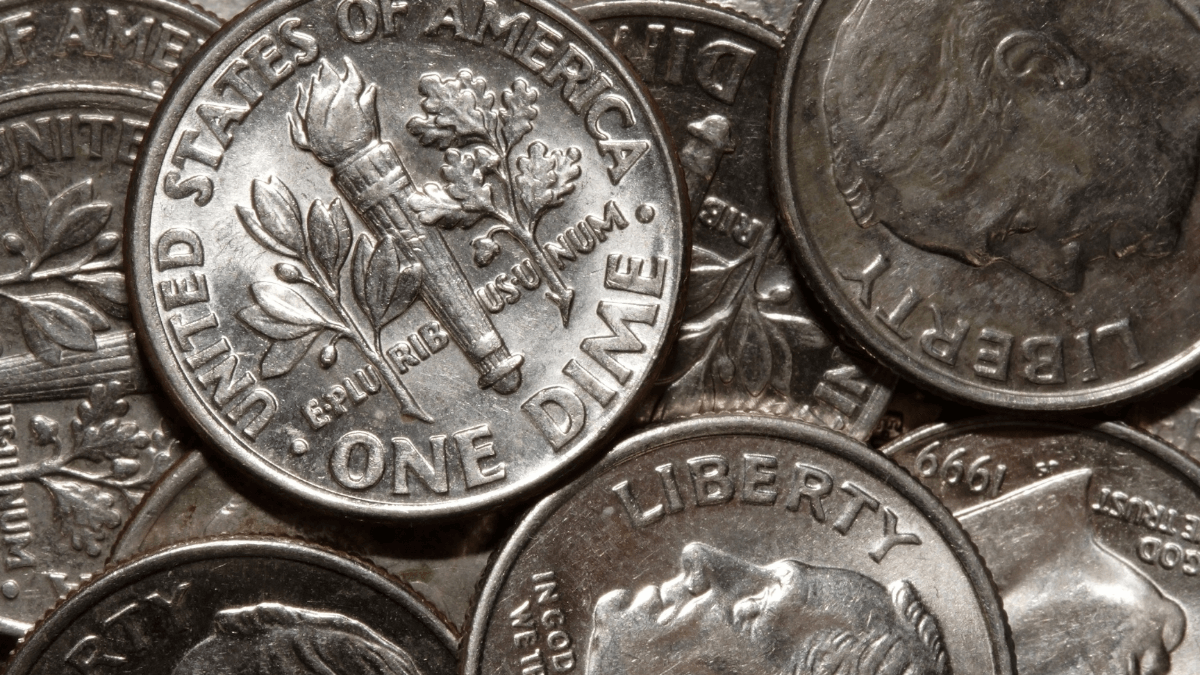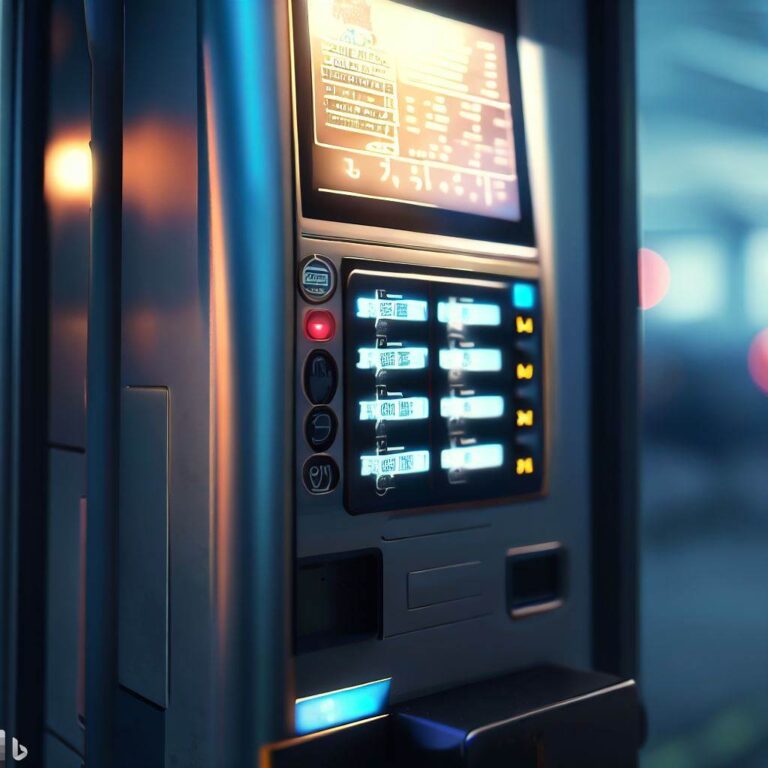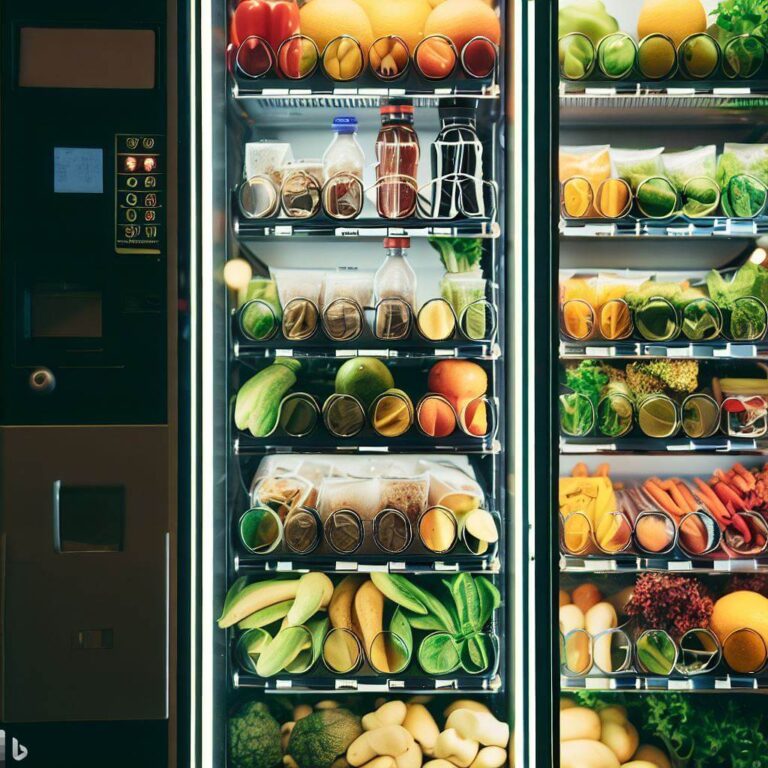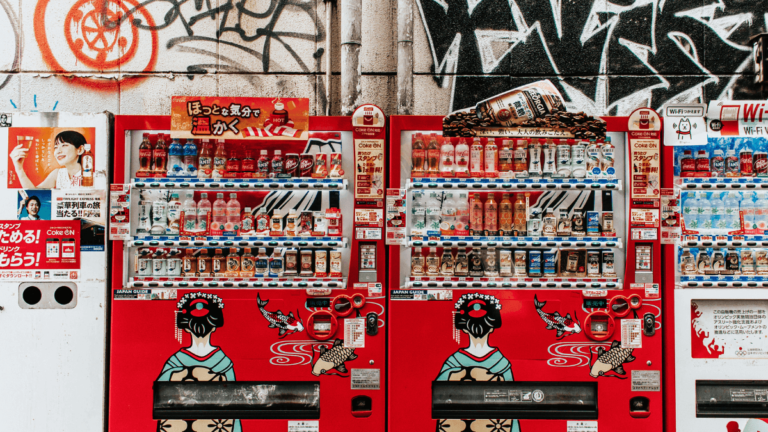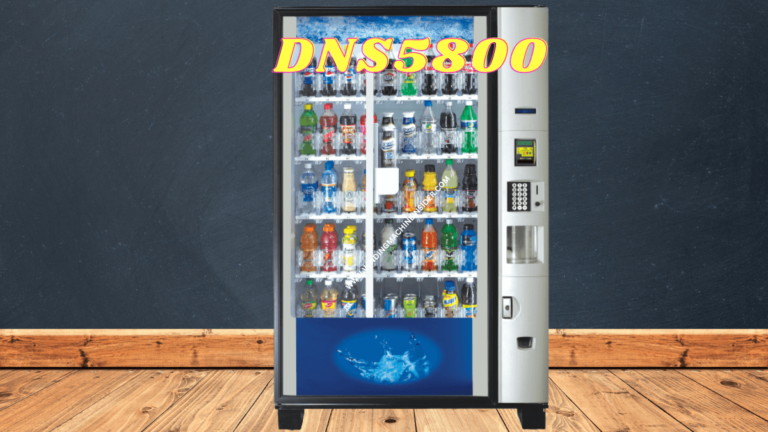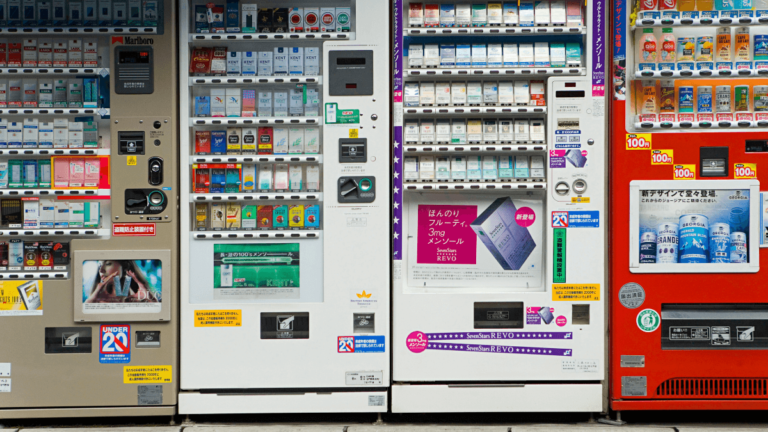Do Vending Machines Take Dimes? Why Does Some Machine Refuse Dime?
Although we all love a well-placed vending machine, not many of us know how these machines exactly work, and therefore, you might be interested in knowing what kind of currency a vending machine accepts.
So, do vending machines take dimes?
Yes, some Vending machines will take dimes but this mainly depends on the vending machine in question and whether it’s designed to accept small coins. Ideally, a vending machine can accept a multitude of coins, bills, and even credit cards.
However, some machines might accept only specific coins.
If you want to understand more about vending machines and how they read and accept different types of money, keep on reading this brief guide!
RELATED READ: Do Vending Machines Only Take Quarters?
Will a Vending Machine Accept Dimes?
Vending machines are equipped with systems and tools to read and accept a wide range of cash options.
Dimes are typically accepted as a form of payment, especially when the vending machine is selling inexpensive snacks, soda, or cigarettes.
A vending machine will accept not dimes, but it can also accept a variety of coins and bills. You can actually use a combination of all of these money options to make your payment.
For example, if you’re buying a 16 ounce can of soda that is $1.20, you can feed the machine a dollar bill or coin as well as 2 dimes in order to make your payment.
Do Vending Machines Give Change?
As previously mentioned, a vending machine will accept a variety of bills and coins in addition to a combination of them, but what if you fed the machine 2 dollars for the same can of soda? Will the machine return the change?
Well, the answer here depends mainly on the machine and how it’s designed. Ideally, most vending machines are capable of giving change along with the product purchased, so in that case, the machine may give you the change in various forms of coins, such as 8 dimes.
How Does a Vending Machine Recognize the Money?
The methods used by vending machines to recognize money will vary greatly, not from one form of money to the other, but even within methods of the same currency.
For example, some machines used to work by weighing the coins, as different coins have different weights.
Other coin readers will simply measure the dimensions of the coin or a combination of the two previous methods.
Advanced vending machines will also use electromagnetic sensors to detect the different types of metals used in making the coins.
Moreover, they can employ a light sensor that can measure the size of the dime (or any other coin) in order to count its number of ridges as well as its size.
As for bills, most machines will use specific light sensors that can easily look for specific patterns (visible, infrared, or ultraviolet) to confirm the legitimacy of the bill, which can be even more efficient than manual testing.
All these methods can be combined together to make it difficult to deceive the machine with fake money.
What Happens When a Vending Machine Rejects Payment?
As previously mentioned, most vending machines use a specific testing method to read and validate the coins or bills they’re fed.
However, in some cases, even if you’re using proper cash or coins, the machine might end up rejecting the payment.
In the majority of cases where that happens, the machine will simply return the money back, whether it’s through the feeding area or from a refund slot.
However, in some cases, the machine might fail to register the refund and keep the money. Luckily, you can still take your money back by contacting the machine’s owner, which usually leaves their contact information on the machine somewhere.
Why Do Some Vending Machines Refuse Specific Types of Money?
Of course, rejecting money doesn’t make any sense from a business point of view.
However, a vending machine can be pretty picky when it comes to money.
Here are some of the different reasons why a machine rejects your payment:
- The machine money acceptor or some of its sensors are malfunctioning
- You’re using bills or coins that are heavily worn out that they fail the machine’s sensors
- The bills you’re using are heavily crumpled or have some dirt that covers their patterns
- The machine’s money storage is full, so it can’t accept any more money
- The machine’s change slot is empty, so it can’t return the change
Does a Vending Machine Accept All Kinds of Coins?
Vending machines are usually designed to accept a wide range of coins. However, different coins are more likely to be accepted than others.
For example, most vending machines will accept coins that are in circulation, such as quarters, dimes, and nickels.
The pennies are rarely accepted by machines nowadays because of their little value in comparison to the space they take in the coin storage slot.
In fact, some vending machines may not even acknowledge the penny fed into them. In other words, it won’t return it back, so you have to keep that in mind.
As for collector’s coins, such as the outdated half dollar and one dollar coin, both of them are also rejected by vending machines.
What Can You Do If the Machine Rejects Your Payment?
If the machine doesn’t accept your payment, you need to make sure that you’re paying in an accepted form of money. Some vending machines will have a clear label that states the kind of coins and bills they accept.
If you’re using an accepted form of cash, try with other coins or bills. If the machine continues to reject all payments, the only thing you can do is contact the owner’s number found on the machine if it had any.
Wrap Up
There you have it! A brief guide with everything you need to know about vending machines and how they accept or reject specific payments.
As you can see, when it comes to dimes, it mainly depends on the vending machine and how it’s programmed, although many vending machines may still accept it.
Yet, if the vending machines mainly sell products that require no change, most vending machine owners will adjust the machine to not accept any coin payments.
